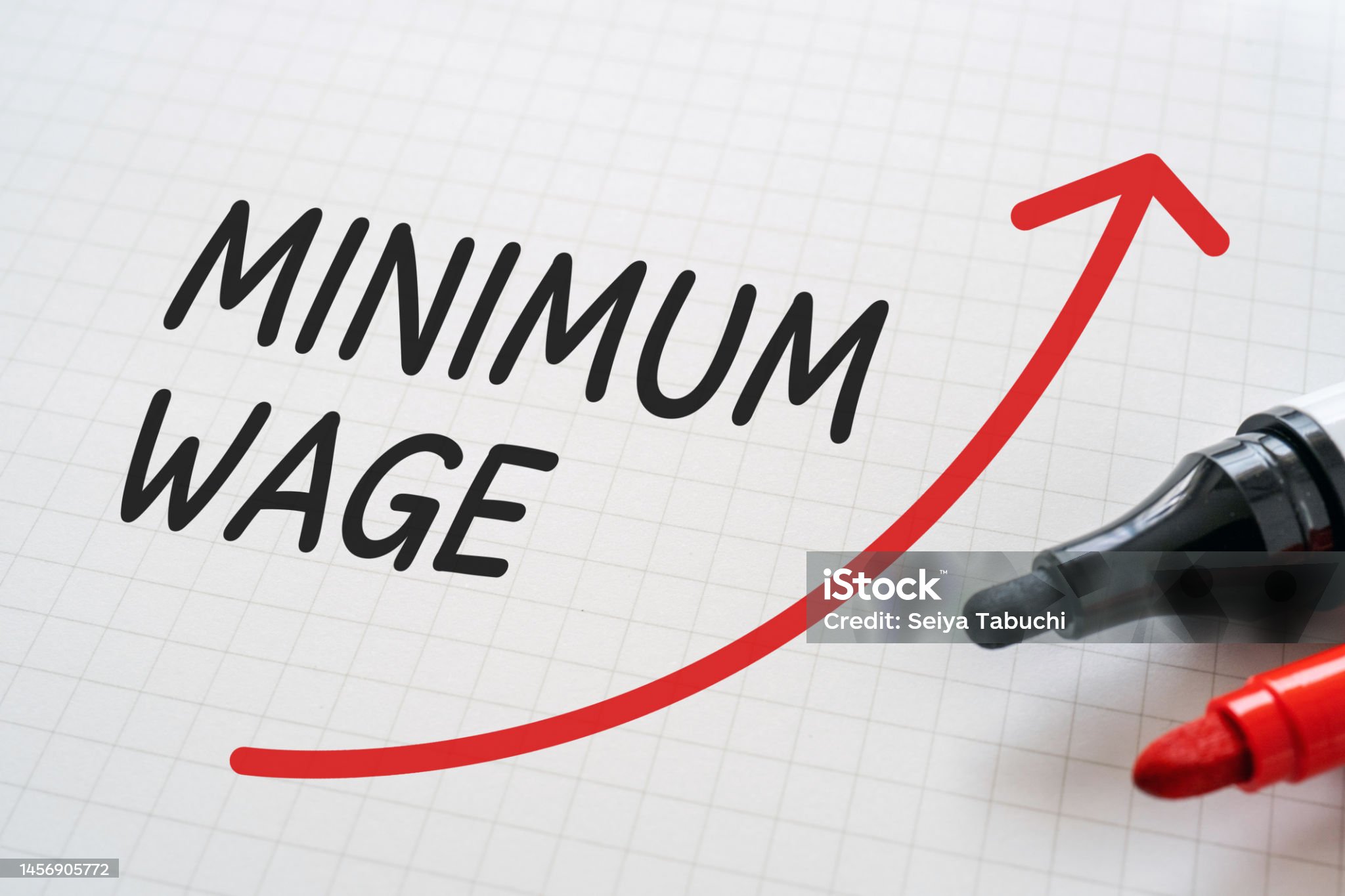Business
FG Procures Imported Staple Foods to Address Shortages — Edun
The Federal Government, through Minister Wale Edun, has announced the procurement of imported staple foods to mitigate ongoing shortages. Discover the details and the government’s plan to stabilize food supply.
To address the food crisis in Nigeria, the Federal Government has reportedly purchased certain imported staple goods like maize and wheat, according to Minister of Finance and Coordinating Minister of the Economy Wale Edun.
As part of celebrations for Nigeria’s 64th anniversary of independence, the minister revealed this information on Thursday in Abuja during an Inter-Ministerial Press Briefing.
He assured that the food items would arrive in Nigeria shortly and emphasized that the importation strategy is merely a stopgap to ensure that local food production remains unaffected.
“There is a short-term measure to import food,” stated Edun. Wheat and corn that the government has already ordered are on their way.
It is imperative that we avoid upsetting local food production and farming in Nigeria by oversaturating the market with imports, which drive up prices to the point where farmers are deterred from producing food and millers are deterred from processing it.
“As a result, discussions are underway to determine how much we can bring in without interfering with the agriculture industry.
“Yes, we are intervening in the short term through some imports and the procurement and delivery of the appropriate import during the wet season, but in the long run, we need to figure out and implement strategies to increase agricultural productivity.”
Nigeria is currently experiencing one of its greatest economic crises in recent memory due to increased living and energy expenses, which were brought on by the government’s dual policies of eliminating the gasoline subsidy and combining the foreign exchange windows in May 2023.
Angry young people demonstrated against hunger and financial hardship for the first ten days of August. The National Bureau of State Statistics (NBS) recently released data showing that the country’s inflation rate in August was 32.15%.
According to the NBS, the annual rate of food inflation in August 2024 was 37.52%, representing an increase of 8.18% points when compared to the rate of 29.34%) in the same month the previous year.
It blamed price hikes for bread, maize, grains, bread, guinea corn, Irish potatoes, water yam, cassava tuber, palm oil, and vegetable oil for the rise in food inflation year over year.
Although the Bola Tinubu administration and the governors of the 36 states have implemented certain interim remedies, Nigerians are still terribly affected by the terrible effects of inflation as the cost of necessities such as food commodities is rising out of control.



